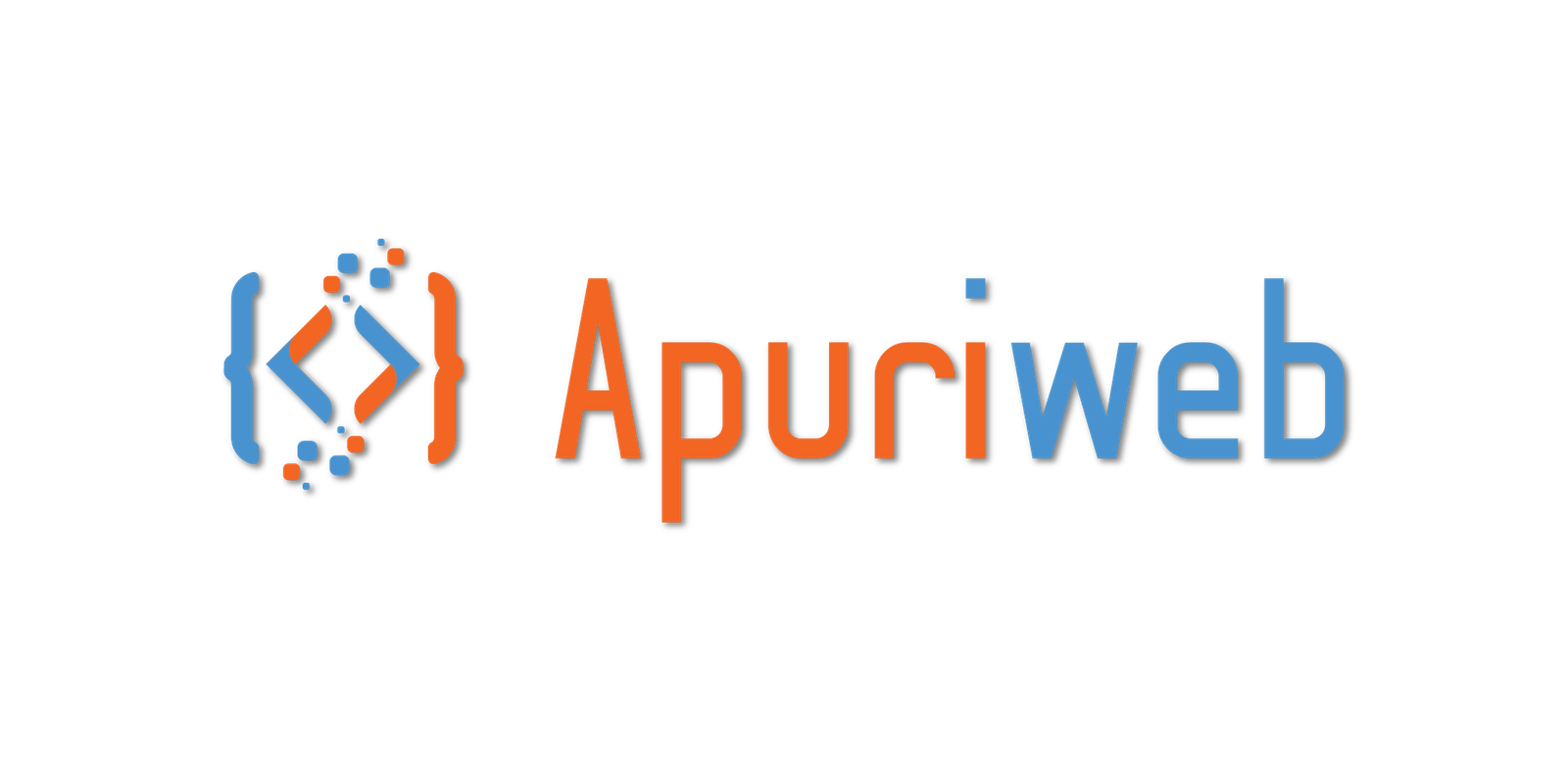
There are several mobile app technologies available for developing mobile applications. Here are some of the popular ones:
1) Native App Development:
Native app development involves using platform-specific programming languages and development tools. For iOS, you would use Swift or Objective-C with Xcode, while for Android, you would use Java or Kotlin with Android Studio. Native apps provide excellent performance and access to the full range of device features but require separate development for each platform.
2) Cross-Platform App Development:
Cross-platform app development allows you to build mobile apps that can run on multiple platforms using a single codebase. Some popular cross-platform frameworks and tools include:-
React Native:
It uses JavaScript and allows you to build apps for iOS and Android platforms. It provides a native-like experience and access to device features through platform-specific APIs.
Flutter:
Developed by Google, Flutter uses Dart programming language. It offers a fast development cycle, a single codebase, and delivers native performance. Flutter apps can be deployed on both iOS and Android platforms.
Xamarin:
Xamarin uses C# and the .NET framework. It allows you to build native apps for iOS, Android, and Windows platforms, sharing a significant portion of code across platforms.
3) Hybrid App Development:
Hybrid app development combines web technologies like HTML, CSS, and JavaScript with a native shell. These apps run inside a WebView, which renders the app’s user interface. Popular hybrid frameworks include:-
Ionic:
Built on top of AngularJS and Apache Cordova, Ionic provides a library of pre-designed UI components and native device access through plugins. It can be used to develop apps for iOS, Android, and the web.
PhoneGap/Cordova:
Cordova enables building mobile apps using HTML, CSS, and JavaScript. It provides access to device features through plugins and supports multiple platforms, including iOS, Android, and Windows.
4) Progressive Web Apps (PWAs):
PWAs are web applications that provide a mobile app-like experience. They can be accessed through a web browser and can be “installed” on the user’s home screen. PWAs are built using web technologies like HTML, CSS, and JavaScript. They offer cross-platform compatibility and offline functionality, but they have limitations in accessing some native device features.
5) Mobile Backend as a Service (MBaaS):
MBaaS platforms provide ready-made backend services, APIs, and cloud infrastructure, making it easier to develop mobile apps without building the backend from scratch. Some popular MBaaS providers include Firebase (by Google), AWS Mobile Hub (by Amazon), and Microsoft Azure Mobile Apps.
The choice of mobile app technology depends on factors like the target platforms, development resources, performance requirements, access to device features, and the development team’s familiarity with specific tools and languages.
